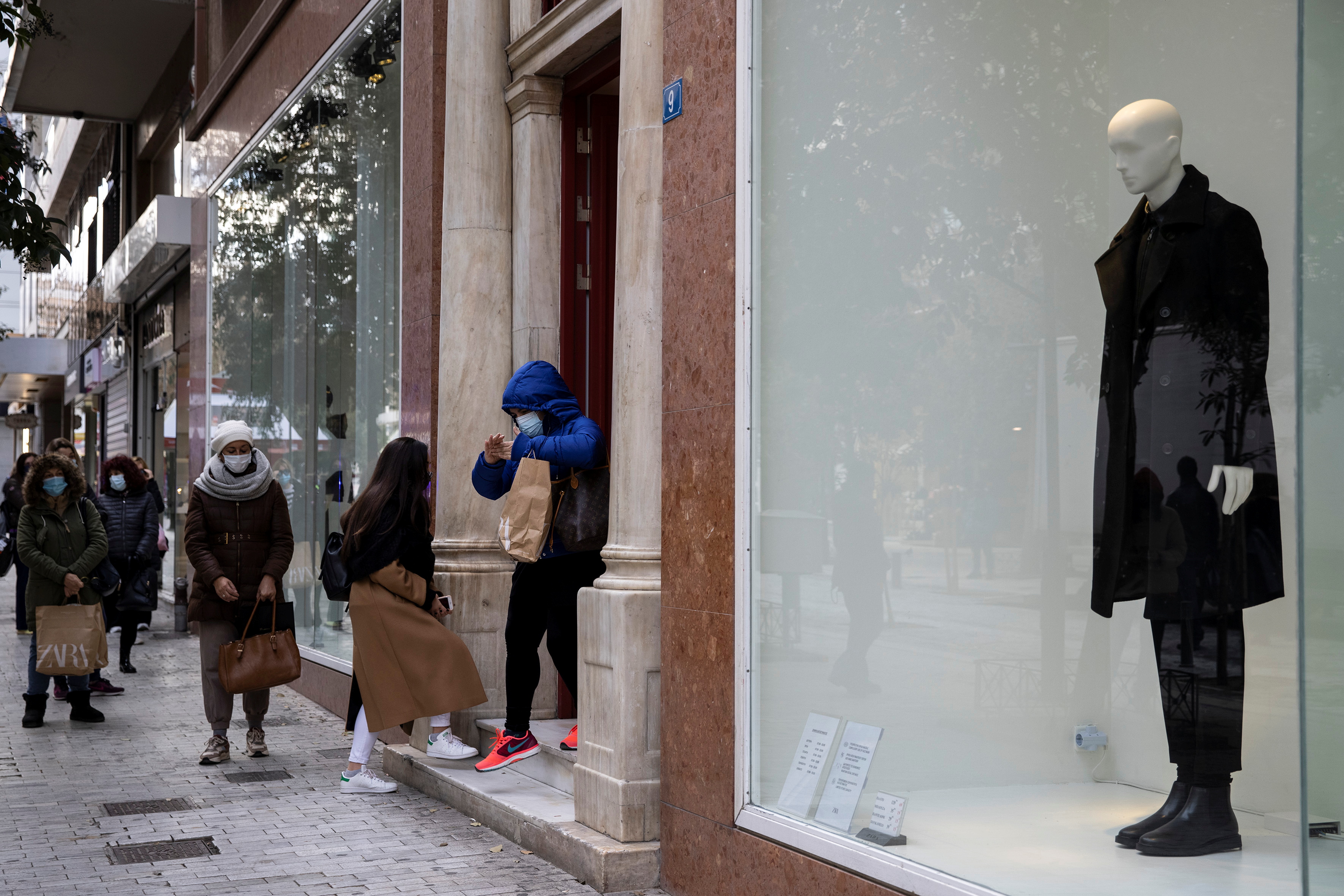Greece on Friday tightened lockdown restrictions in parts of the country including capital Athens to halt the spread of the Covid-19 pandemic, after a surge of infections in recent days.
Under the new curbs, which go into effect on Saturday in so-called red zones, authorities brought forward by three hours a night-time weekend curfew.
This means that in Athens, home to about half of the country’s population, a curfew will start at 6:00 pm instead of 9:00 p.m. during weekends.
“The epidemiological picture is deteriorating. We are in a situation that can get out of control exponentially,” Vana Papaevangelou, a member of the committee of infectious disease experts advising the government, told a news briefing.
She said in the Athens metropolitan area there was a clear rise of infections in most neighbourhoods and a 30 per cent increase in Thessaloniki, Greece’s second-largest city.
The occupancy of Covid-19 intensive care units in hospitals in Athens had risen to 63 per cent from 61 per cent last week.
“The new infections refer mostly to the 25 to 44 age group, which means we are seeing intrafamily dispersion,” she said.
Greece took its first steps on January 18 to loosen a second lockdown in place since November. Shops, hair salons, primary schools and kindergartens were reopened. Then authorities reopened secondary schools on February 1.
But a spike in infections in parts of the country led the government to reverse the loosening of curbs last week, with shops in high infection areas closing again, though customers can pick up orders made online or by phone.
Apart from the tighter curfew, authorities banned open produce markets during weekends.
In other red zone areas, which also include the cities of Patras and Halkis and islands of Santorini and Mykonos, retail shops, hair salons will close from Saturday with only supermarkets and pharmacies staying open. The new curfew will also apply there.
The new restrictions will last until at least February 15.
On Friday, health authorities reported 1,195 new coronavirus cases and 19 deaths, bringing total infections to 162,107 since the first case was detected in February last year and Covid-related deaths to 5,922.







Click here to change your cookie preferences